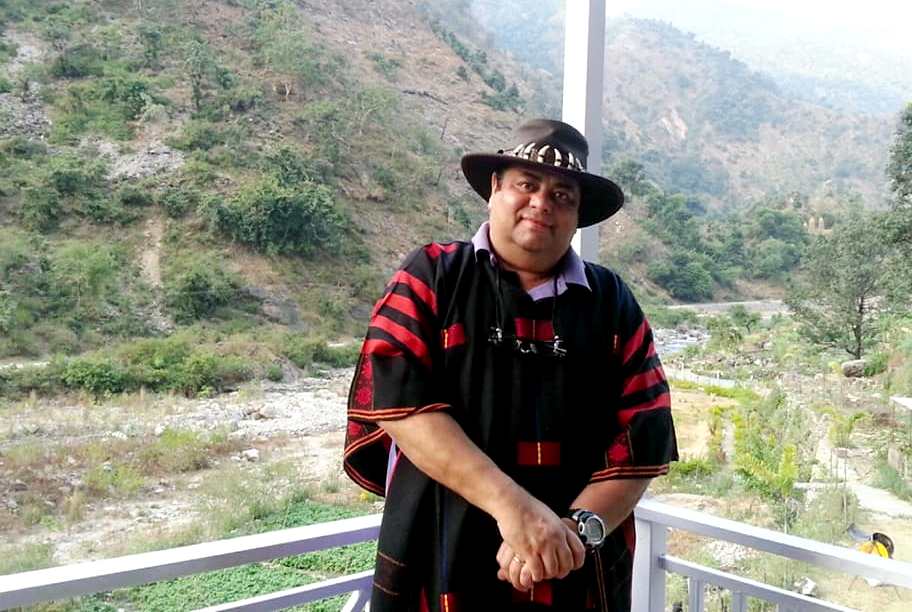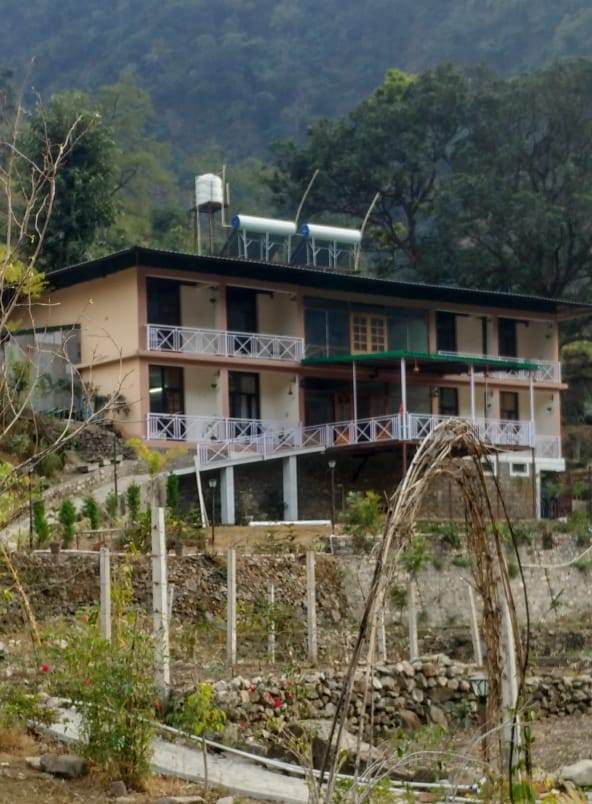
Passion is always infectious and when it’s about cooking, sharing and documenting food, it becomes aromatically contagious too. But for someone, who has been tirelessly documenting and preserving India’s rich and diverse food traditions, it’s just an unending quest to explore, understand and rediscover food. Renowned culinary historian Ashish Chopra feels that he shares a childhood connect with food. “Food has always excited me since my childhood. I can safely say that I am a born foodie. Being the son of an anthropologist, I was always fascinated by stories about cultures and their cuisines. As a young child, I would always accompany my father on his various field trips to different parts of India and during field trips, dad would love to cook,” he recalls.
Chopra, who is also a chef, author, travel writer and TV show host, feels that it’s immensely important to keep the diverse food cultures of India alive through documentation. “Wherever I would travel I would document food and culture and that is how the culinary historian was born in me. I have also had an opportunity to travel pan India for various projects with the government, private Institutions as well as with television channels as an expert and that further fuelled my quest about exploring food cultures. There is so much to discover and share. I feel it is my national duty to share the rich culinary heritage of India with the world,” he says.
Sharing about his journey documenting tribal cuisines of India, he feels this has been his one of the most fascinating expeditions. “I have been studying tribal culture for over three decades now and it has taught and given me so much. I have covered over 250 tribes pan India – how they live with nature, respect it, their myths, beliefs and traditional wisdom is indeed wonderful. Food and festivity is an integral part of their existence and their indigenous knowledge about various herbs and medicinal plants teaches us a lot. With their lands being encroached upon now by various agencies, it’s all the more important to document their cultures before it dies due to rampant modernisation in the wrong way,” says Chopra, who has authored NE Belly: The Basic Northeast Cook Book (2006) on the food culture of North East.

in the foothills of Dehradun
Transforming his passion into a more concrete idea and platform, he is currently putting his efforts towards the setting up of India’s first School of Ancient Culinary Arts (SACA). Located in the picturesque surroundings of Rajaji National park in the foothills of Dehradun in Uttaranchal, the school will have chefs from villages and they will impart their traditional knowledge to chefs from different parts of the world.
With food and history combining passionately and the fusion of traditional & contemporary cuisines, we are sure to get some fascinating stories of our rich and diverse food heritage on the table.
